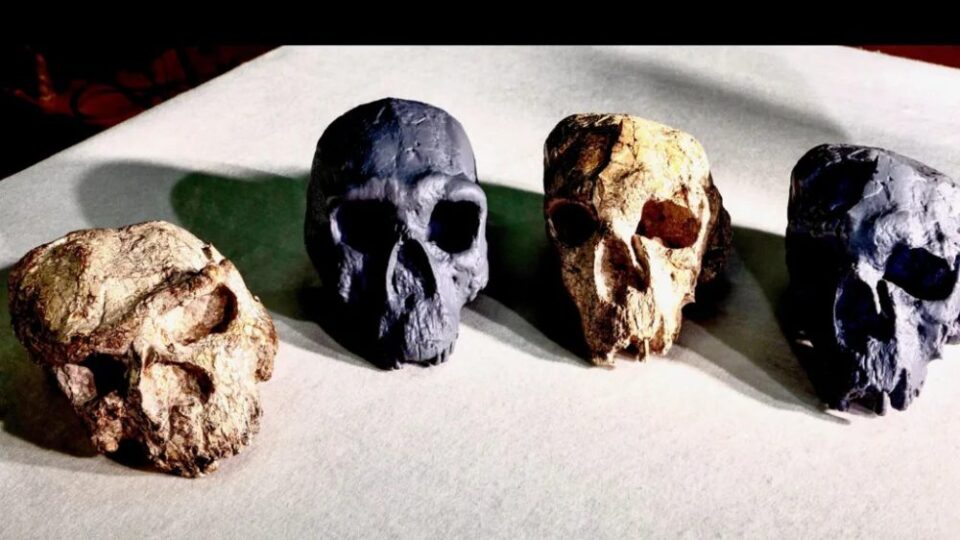Ancient Skull Discovery in China May Rewrite the Story of Human Evolution
A fossilized skull found in central China could push back the timeline of Homo sapiens by nearly half a million years, according to new research highlighted by BBC News. The study suggests that modern humans may have appeared much earlier than previously believed.
Discovery of Yunxian 2
The skull, named Yunxian 2, was uncovered in Hubei Province. At first, it was classified as Homo erectus, an early human ancestor thought to have lived about one million years ago. Based on this, scientists assumed it was too old to be linked with modern humans or their closest relatives. Traditionally, researchers believed Homo erectus only began to evolve into Neanderthals and Homo sapiens around 600,000 years ago.
New Analysis and Surprising Results
Fresh analysis now points to a different conclusion. Researchers believe Yunxian 2 may not belong to Homo erectus but to Homo longi, a sister species that existed alongside Neanderthals and early humans. If accurate, this means that three major species — Homo sapiens, Homo longi, and Neanderthals — may have lived at the same time for nearly a million years.
Prof. Xijun Ni of Fudan University, who co-led the study with Prof. Chris Stringer from the UK’s Natural History Museum, explained:
“From the very beginning, when we got the result, we thought it was unbelievable. But after testing again and again, we are confident in what we found.”
What It Means for Human History
The research, published in Science, could reshape the understanding of human origins. Until now, the earliest confirmed fossils of Homo sapiens in Africa dated back about 300,000 years. This new finding hints that our species may have emerged much earlier — possibly in Asia.
Prof. Stringer added that undiscovered fossils might eventually prove the existence of million-year-old humans:
“There is some genetic evidence pointing to an even earlier emergence of our species, which may have recombined with our lineage, but this is not yet proven.”
Mixed Reactions in the Scientific Community
Not all experts agree with the reclassification. Dr. Aylwyn Scally, an evolutionary geneticist at Cambridge University, cautioned that fossil dating and genetic estimates often carry wide margins of error. While he finds the claims “plausible,” he believes more evidence is needed.
Solving a Long-Standing Puzzle
For decades, fossils dating between 800,000 and 100,000 years ago have puzzled scientists, often being difficult to classify. The re-examination of Yunxian 2 helps place these fossils more clearly within the human family tree. Researchers digitally reconstructed the crushed skulls using 3D scanning and computer modeling, which allowed for a more accurate classification.
Prof. Ni summarized the breakthrough by comparing human evolution to a tree with three major branches:
“There were three closely related species coexisting and even interbreeding for almost a million years. That’s an unbelievable result.”

